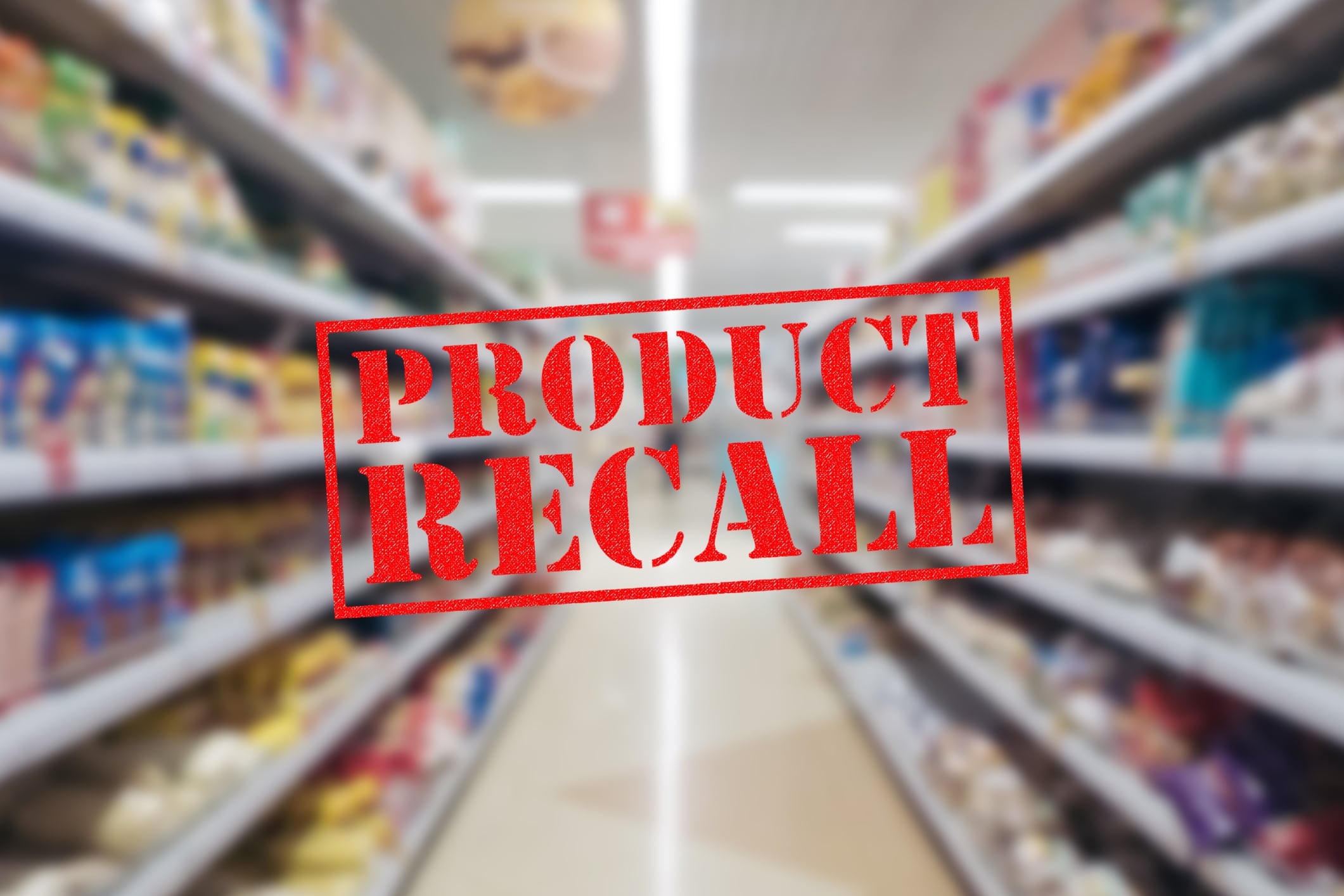This is the result of the dramatic reductions on the number of checks on imported seafood after Brexit, coalition members from the Environmental Justice Foundation (EJF) and Open Seas.
Using official data from UK authorities and EJF investigations, the report found that checks on seafood entering the country have dropped to “alarmingly low levels”, leaving the UK Government “effectively blind” as to whether imported seafood is linked to crimes like human trafficking, slave labour, other human rights abuses and the destruction of ocean ecosystems.
Several EJF investigations have uncovered illegal, unreported and unregulated fishing practices and serious human rights abuses on board Chinese fishing vessels – including those owned by Zhejiang Ocean Family Co which has previously reported supply chain links with UK supermarkets.
Each year, the UK receives around 1,000 catch certificates from China, equating to an average of around 58,000 tonnes of seafood. Despite the fleet’s serious track record for illegal fishing, the UK has refused only four seafood consignments from the country since 2012, which the report said is a sign the imports are not being properly traced.
Meanwhile, no catch certificates from Russia (which the report said was another one of the world’s most consistent offenders for illegal fishing) were verified or refused between 2021 and 2023.
In 2024, the report found that more than a quarter of UK seafood imports came from countries within a ‘yellow card’ trade warning by the European Commission, or that were ranked among the top five countries globally for IUU fishing risk.
Commenting on the findings, EJF founder and CEO Steve Trent said: “In recent years, the UK has entirely lost control of its seafood imports. The lack of oversight leaves us all completely in the dark about the sustainability and ethical quality of the seafood allowed into the country. Every time someone in the UK goes to the supermarket or their local seafood restaurant, they deserve to know that the fish they are buying is not tainted by environmental destruction, forced labour or even slavery.
“We know that British consumers don’t want to eat seafood caught by labour that is forced, bonded or held in slavery, or that risks tipping precious ocean ecosystems into total collapse. Over 80% of the fish eaten in the UK is imported, meaning the UK has the power, opportunity and responsibility to drive powerful change across the global fishing industry. By taking a more proactive approach, the UK can protect its market from illegally caught fish, uphold human rights at sea and safeguard marine ecosystems long into the future.”
The report urges the government to take immediate action to stamp out illegal seafood imports into the UK. Recommended measures include updating and digitising its catch certification system and introducing a carding system to warn and sanction states failing to combat IUU fishing.
EJF and Open Seas also suggest that Defra and the Marine Management Organisation receive sufficient funding to restore their lost monitoring and reporting capacity on seafood import checks.




